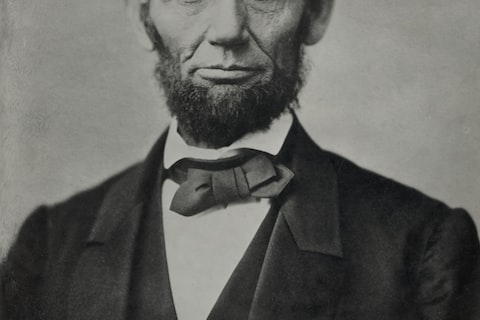Ever since the advent of video games, historical accuracy has been a topic of debate among gamers and historians alike. As players, we are often transported to different eras and given the opportunity to experience history in a unique way. But how important is historical accuracy in video games?
Historical accuracy in video games is crucial for several reasons. Firstly, it adds an educational element to the gaming experience. Many players, especially younger ones, may not be familiar with certain periods of history. By accurately portraying historical events and settings, video games can serve as a learning tool and spark an interest in history.
Furthermore, historical accuracy enhances the immersion and realism of the gaming experience. When a game successfully recreates a historical period, with accurate costumes, architecture, and cultural elements, players can feel like they are truly experiencing that era. This level of detail and authenticity can greatly enhance the enjoyment and engagement of players.
However, there are also challenges in achieving historical accuracy in video games. Developers often have to balance between entertainment and education, as well as artistic freedom and historical fidelity. The inclusion of accurate historical details may limit the creative choices available to developers. Additionally, some historical events or themes may be sensitive or controversial, requiring careful handling.
Despite these challenges, many video games have successfully incorporated historical accuracy. Examples include Assassin’s Creed, which explores various historical settings with meticulous attention to detail, and Red Dead Redemption, which recreates the Old West with stunning accuracy. These games not only entertain but also educate players about the historical periods they depict.
On the other hand, there are instances where historical accuracy is compromised or rewritten for entertainment purposes. While this may make the game more enjoyable or accessible to a wider audience, it can have unintended consequences. Rewriting history in video games can perpetuate misunderstandings or distorted views of the past, ultimately shaping players’ perceptions.
In conclusion, historical accuracy in video games is important for its educational value, immersion factor, and impact on players’ perception of history. While there are challenges in achieving accuracy, many games have successfully balanced entertainment and education. However, developers must be cautious when rewriting history for the sake of entertainment, as it can have unintended consequences. As players, it is important for us to be critical consumers of historical narratives in video games.

